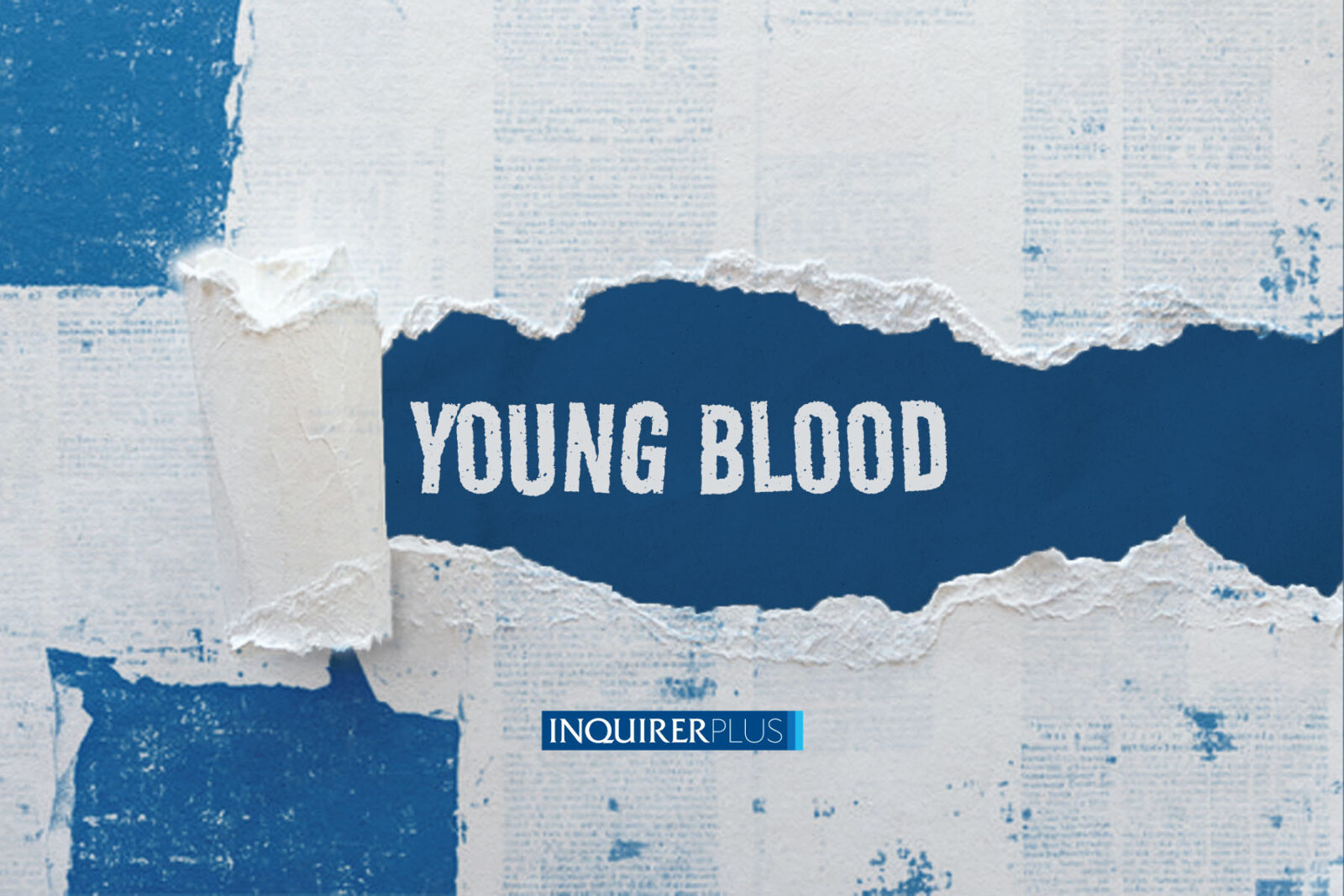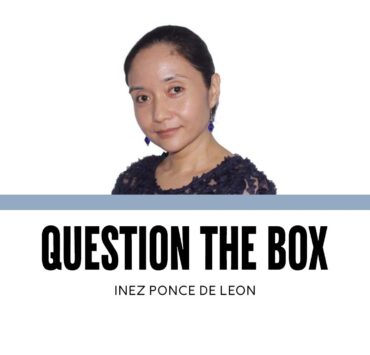Marked from birth

Sometimes I wonder: how much power does hair really have over us? It’s just a bundle of thin strands sitting on our heads. And yet, somehow, the world decided it would be the ultimate measure of beauty, normalcy, belonging. When did hair become a ticket to being accepted?
I remember reading Leslie Ann Butler’s “If Your Hair Falls Out, Keep Dancing!” She didn’t hide from her fear or sadness. She embraced the loss and chose to keep dancing, even if she didn’t look the way the world expected her to. At that moment, I realized that for people like Leslie, and people like me, hair isn’t just hair. It is a piece of ourselves we are forced to fight for, and eventually, accept.
From the day I was born, I carried something that set me apart, and I never asked for it. I was born with aplasia cutis congenita, a rare condition where a part of my scalp never fully developed. A bald spot, a tiny circle of absence right on my head, something not even the ultrasounds caught while I was growing inside my mother’s womb. It wasn’t until I entered the world that everyone saw it, my first mark, my first difference.
As a child, I didn’t understand it. I just knew I wasn’t like everybody else. And when you’re little, being different never feels like a good thing. There were moments when I would blame my parents. Did they do something wrong? Could this have been avoided? But growing up taught me that some things just happen to anyone, everyone, even people who don’t deserve it.
My mother once shared with me how scared she was when she got pregnant again. She was terrified that my younger brother might be born like me. But he wasn’t. He came out perfectly, hair and all. And in her fear, I understood something important. My parents never wished this for me. They didn’t cause this. They carried the pain of it just as much as I did, maybe even more.
Still, at a young age, I learned how to hide. Not just emotionally, but physically, too. Hair ties. Headbands. Tight ponytails. It wasn’t about style. It was about survival.
I remember one day in grade school, during break time. I was sitting quietly in a corner, eating my snacks, when a taller, bigger girl walked up to me. Without warning, she yanked my hair and tore off my hair tie. In that instant, I felt completely exposed. My secret uncovered, my heart dropping faster than my hands could reach for my head.
I could feel the cold air touching my scalp. I could feel the stares. I could feel every ounce of confidence I had built crumble all at once. That day, I learned a lesson no teacher had ever taught me: no matter how hard you hide, some things will eventually find their way into the light.
I cried so hard in my father’s arms when he picked me up that afternoon. He didn’t ask questions. He didn’t need to. His hug said it all. I was loved, even if I was different. Especially because I was different.
But one hug was not enough to erase the damage.
I carried that insecurity like a quiet, heavy weight through the years. While other girls experimented with haircuts, colors, styles, I stayed with the same tight ponytail, the same strategic bun. Not because it was trendy, but because it was safe.
While others danced, swam, ran freely, I stayed calculating every move. What if my hair tie falls off? What if someone sees?
Sometimes people would ask innocent questions, like “Why do you always tie your hair like that?” or “Wouldn’t you like to let it down sometimes?” Each question felt like a tiny pinprick against the fragile armor I had built. I would just smile, say nothing, and pretend it didn’t hurt.
Because telling the truth felt too terrifying.
But the thing about hiding is that you cannot do it forever. There comes a day when you grow tired. When you crave to breathe without fear. When you realize it is okay to live openly, even if not everyone understands.
Reading Butler’s words felt like a conversation I had been waiting for. It was as if she was reaching out from the page, holding my hand, telling me that I didn’t have to be perfect to be happy. That I didn’t have to be whole to be worthy.
The world teaches us early that to be accepted, you must be flawless. You must be beautiful, normal, perfect. And if you’re not, you’re made to feel like a mistake. But maybe real victory isn’t changing yourself to fit the world. Maybe real victory is standing tall, bald spot and all, and saying, “This is me. I am worthy. I am enough.”
Even now, there are days when the old fears sneak back in. Days when I still ask, “Why me?” Days when I still feel jealous of women who toss their hair freely, without a second thought.
But along with the old fears, something else has grown: gratitude.
Gratitude for the pain that taught me resilience; for the hidden battles that shaped me; for the journey that made me see real beauty, not in mirrors, not in hair, but in a heart that refuses to stop loving itself.
Today, as I write this, I realize: I no longer need to hide. I no longer need to apologize for taking up space. I am free.
Not because the fear is gone.
Not because the scar has disappeared.
But because I finally chose to be me.
—————-
Gwyneth Ileto, 21, is a fourth-year creative writing student at the University of Santo Tomas.

















